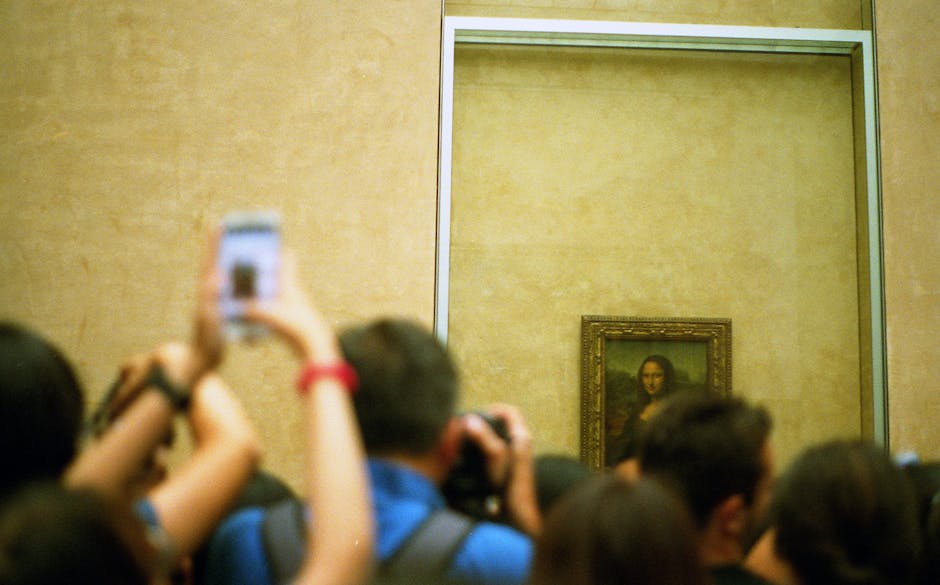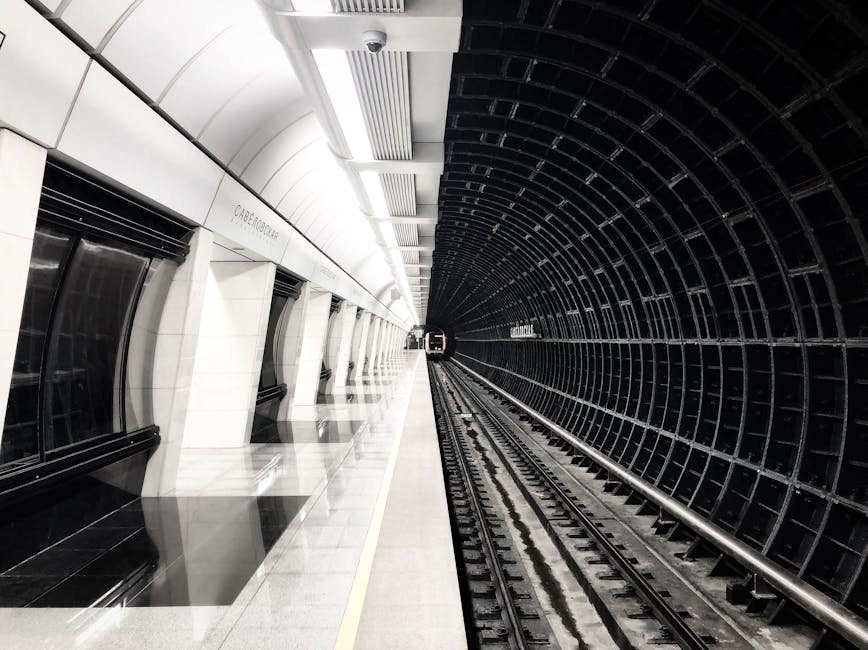Paris, the city of lights and culture, was left in shock as the world-renowned Louvre Museum closed its doors following a daring jewelry heist. According to reports, a group of robbers stole valuable artifacts from the museum’s Galerie d’Apollon, raising serious concerns about security at one of the world’s most visited cultural institutions.
The Heist: A Bold Operation
Early this morning, as the Louvre prepared to open, masked robbers infiltrated the museum’s secure exhibition halls. Witnesses described a chaotic scene as the thieves targeted a collection of 18th and 19th-century jewelry. Using sophisticated tools, they bypassed alarms and surveillance cameras, fleeing with the artifacts before security could respond.
The exact value of the stolen items remains undisclosed, but experts estimate they could be worth millions of euros. The incident has left both authorities and the public questioning the museum’s security measures.
Louvre Shuts Down Amid Chaos
Following the robbery, the Louvre announced an unprecedented closure, turning away thousands of visitors. This marks a rare disruption for the museum, which typically only closes on Tuesdays and select holidays.
French police and Interpol have launched a full-scale investigation to track down the perpetrators. Meanwhile, the museum’s security protocols are under scrutiny, with experts calling for enhanced measures to protect its priceless collections.
A Blow to Cultural Heritage
The theft has sent shockwaves through the art and cultural community. The stolen jewelry, though not as iconic as the Mona Lisa, represents a significant part of France’s artistic and historical legacy.
Experts worry the artifacts could end up on the black market, where stolen treasures are often sold to private collectors or used in illegal transactions. This loss highlights the ongoing challenges of preserving cultural heritage in the face of sophisticated criminal operations.
Security Concerns at the Louvre
The heist has reignited debates about the security of major cultural institutions. Despite the Louvre’s advanced surveillance systems and dedicated guards, the robbery underscores the difficulty of safeguarding such a vast and high-profile collection.
Critics argue that the museum’s focus on accommodating millions of visitors may have compromised security. Many are calling for increased funding and resources to protect cultural treasures from future threats.
What’s Next?
The Louvre remains closed as the investigation continues. Museum officials have pledged to work closely with law enforcement to recover the stolen items.
This incident serves as a stark reminder that even the most revered institutions are vulnerable to crime. As the world watches, the Louvre’s story underscores the fragility of our shared cultural heritage.
Stay tuned for updates on this developing story.




